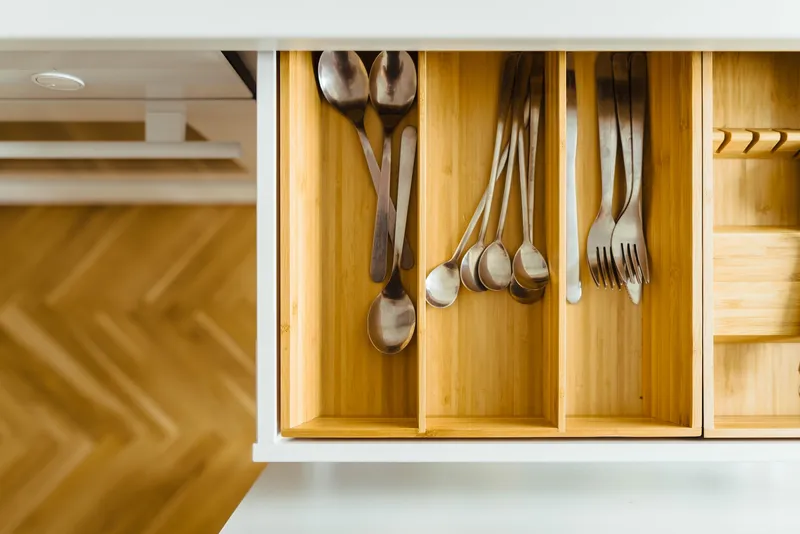How to Change Your Life with One Small Move
How to get out of a rut easily with a small trick that really helps.
11 May 2019

Recently, the principles of Feng Shui—an ancient Chinese art which advocates a system of placement within a space to harmonise various energies—became incredibly important to me.
(By sheer coincidence, there was an unpleasant job I didn’t want to do, and spending the afternoon rearranging my office seemed preferable.)
After some time browsing Feng Shui websites, I ended up rotating my desk 90 degrees. From now on, I would sit in what one of the websites referred to as the “position of command.” (Basically, my desk would face the door instead of the wall.)
To my astonishment, this actually helped: as soon as I sat down, I felt more in control of my life.
This was during a period of great suckiness in my life, and I think there’s some interesting lessons to be drawn from it.
My aim isn’t to convince you that Feng Shui is important (after all, a potentially valid conclusion from this story is that human brains are extremely silly and perhaps we’d be better off putting the dolphins in charge). It’s simply to illustrate that change begets more change.
And sometimes, when we’re stuck, any change will help.
Proving to Yourself that Change is Possible
My brain is always convinced that whatever’s happening at this moment is going to go on happening forever.
When I get a lucky break—a job opportunity, an exciting new client, a booking, a new project—I am subconsciously convinced that the good times are here to stay. Equally, when something goes wrong I might sink into a deep malaise, instantly convinced that doom is eternal and my earlier optimism was misplaced.
Clearly, both of these are equally wrong.
Progress—whether positive or negative—is never a straight line. It just feels that way.
And that’s where making a small change comes in handy. It proves to our silly monkey brains that change is possible. Rotating your desk won’t solve your actual problems, but it might just give you the emotional boost you need to solve them yourself.
A Small Change Can “Rewire” Your Brain
I’m no neuroscientist, but let me grossly oversimplify some neuroscience anyway. A couple of decades ago, scientists weren’t sure whether the adult human brain was capable of much change. But nowadays they say it’s “neuroplastic”—that it rewires itself constantly.
However, the brain is also super lazy, so it avoids rewiring unnecessarily. And so we end up with habits and repeated patterns of behaviour… and we get stuck. Making even small changes to our routine or environment opens up new neural pathways.
Putting It All Together
In the light of all this, my reaction to the little change in my office makes more sense.
My perspective had gotten stuck. My brain had almost forgotten what it was like to experience anything new. Sure, my actual work was varied, but I’d become used to that variety. Making a small adjustment to my environment got my mind flowing again. And this opened me up to new possibilities. Suddenly, bigger changes seem less scary and more enticing.
Try a Little Change Yourself
A new route to work, a different lunch, a furniture rearrangement… small changes can bring us a mood boost and a sense of greater control, which we can then use to make bigger changes.
Of course, change isn’t always great. When things are going well, I become very scared of change. I grasp tightly to everything, hoping that I can just keep the entire universe the way it is right now.
Naturally, I can’t prevent the universe from changing around me. But making my own little changes helps me manage my own corner of it a little better.
This article was originally written for Puttylike

Neil Hughes is the author of Walking on Custard & the Meaning of Life, a comical and useful guide to life with anxiety, and The Shop Before Life, a tale about a magical shop which sells human personality traits.
Along with writing more books, he spends his time on standup comedy, speaking about mental health, computer programming, public speaking and everything from music to video games to languages. He struggles to answer the question "so, what do you do?" and is worried that the honest answer is probably "procrastinate."
He would like it if you said hello.